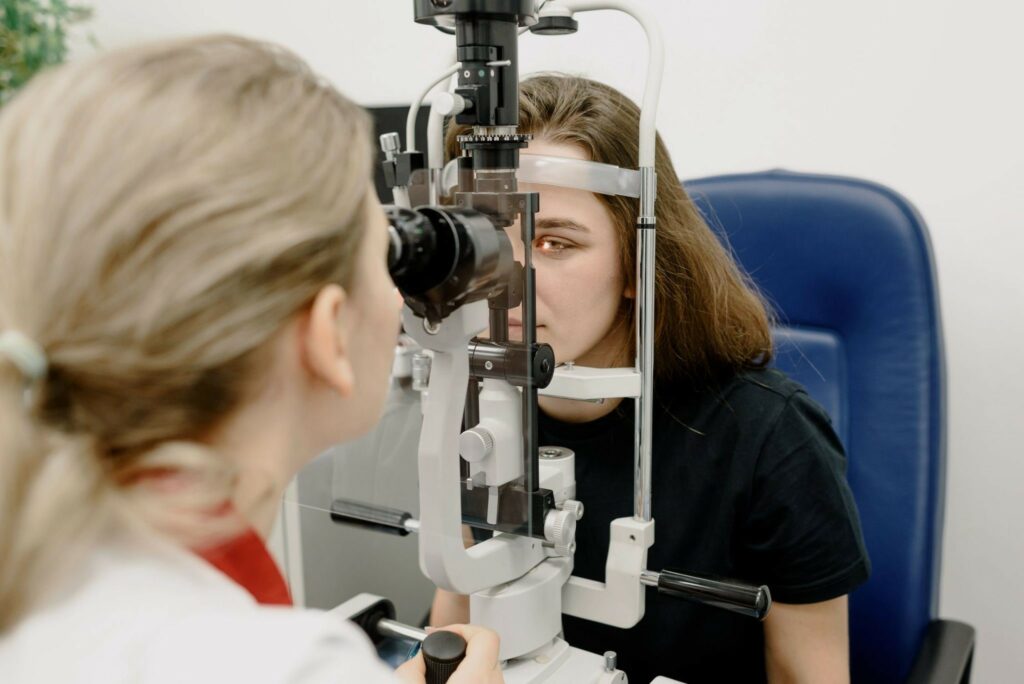Sleep is an essential habit that is important for a newborn’s health and well-being. The average newborn sleeps during the day and night, waking only for a few hours to eat and do other activities.
Unfortunately, newborns do not have a given sleep schedule, causing them confusion as they try to develop their nighttime sleep patterns. These uneven sleep patterns also affect the parents as well. According to a report by the US-based National Sleep Foundation, almost 70% of parents are sleep deprived due to their babies. This can alter their own sleep cycle with repeated awakenings during sleep.
This is why parents need to instill in their newborns good sleeping habits right from the beginning.
How Much Sleep Does a Newborn Baby Need?
On average, your toddler can sleep for up to 18 hours a day, ranging from sleep duration of 3 to 4 hours on the go. However, as they reach 4 months, their sleep schedule becomes more predictable, and they settle for a more regular schedule for their naps. Yet, we suggest maintaining a sleep diary to help you recognize your child’s current sleeping pattern.
Moreover, it’s this phase during which you can try promoting healthy sleeping habits in your toddlers. This way, you routine their lifestyle with a set time to fall asleep. While the routine might not kick in right away, as the child grows, he/she picks up the habit.
Here’s a definite list of steps that we think will come in handy, to help you develop healthy sleeping habits in your child.
Steps to Develop Healthy Sleep Habits in Newborns
- What Soothes Your Baby?
Every baby is different! Some newborns can be easily soothed by swaddling. On the other hand, some prefer motion (generally rocking or patting) or white noise to fall asleep. Until three months of age, babies need help in sleeping. Try to understand what soothes your baby. Hold, rock, or feed your baby if needed.
- Is Your Baby Comfortable?
Do you know? Even your child’s diapers or clothing can prevent them from falling asleep. Children’s skin is soft and tender; they feel the slightest of changes to their skin. If your little one is uncomfortable with their clothing or their diaper, they’ll stay irritated and won’t be able to sleep. Further, it’ll also impact their sleep cycle and overall health. Therefore, we suggest using natural baby diapers & pure cotton clothes, to prevent your child from getting harmful rashes on the skin.
- Develop a Sleep Routine
By the time your child reaches the two-month mark, you can foster a sleep routine as they can signal you about the ‘sleepy time’ via signals. To help your toddler go off to sleep easily, try incorporating predictable and calming bedtime practices. You can also include feeding sessions as a part of a healthy sleep habit. However, after three months of age, try to skip this by feeding the child before bedtime.
- Encourage Napping
Encouraging naps is a great part of incorporating healthy sleep habits in your toddler. According to sleep experts, the better small children can rest, the better they can fall asleep. Once your baby has been awake for a couple of hours, you can encourage him/her to go for a quick nap.
However, you should avoid overstimulating the baby at all costs. Babies have a hard time sleeping if they are tired as it induces stress hormones that interfere with their sleep patterns.
- Allow the Baby to Fall Asleep Independently
After babies reach three months of age and are healthy, encourage them to sleep on their own. This life-long skill is pivotal in shaping good sleeping habits to sleep quickly at bedtime, napping, and throughout the night.
Implement positive changes early to prevent problems from becoming chronic and difficult to fix. Once, you start taking small steps, you can cultivate healthy habits that promote the child to sleep independently.
Be a Patient Parent
Developing the right sleeping habits in babies takes time. Apart from creating a bedtime routine, take note of their night feedings to keep their tummy full. After feeding, use natural bamboo baby wipes to refresh them.
Being a parent, take cues and behavioral indications from your baby. This will help you in making them fall asleep fast.




 Photo by
Photo by  Photo by
Photo by 









